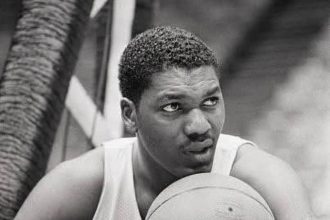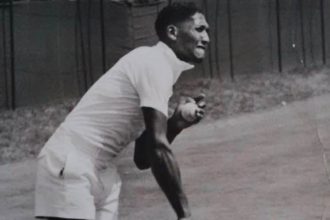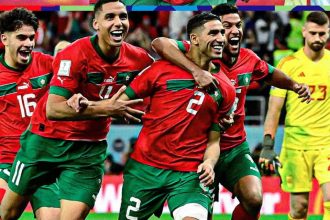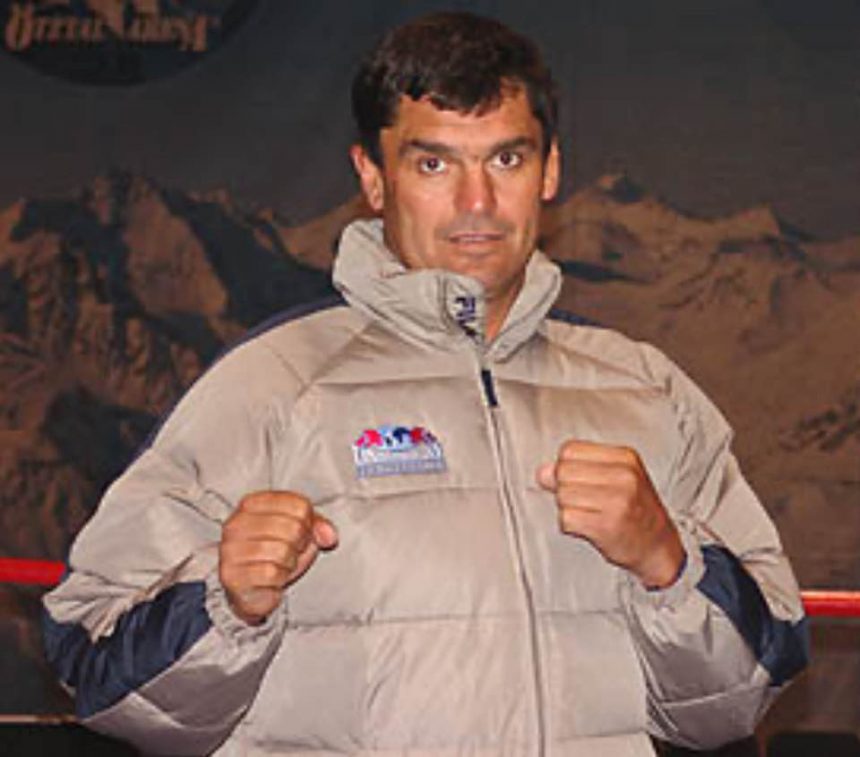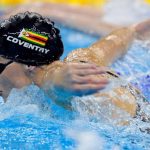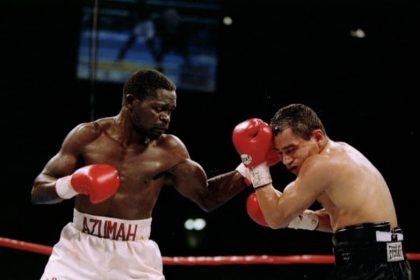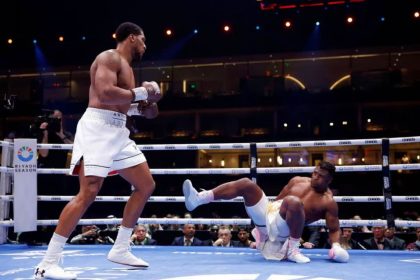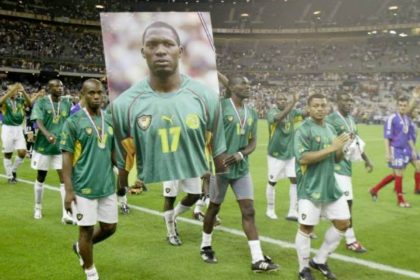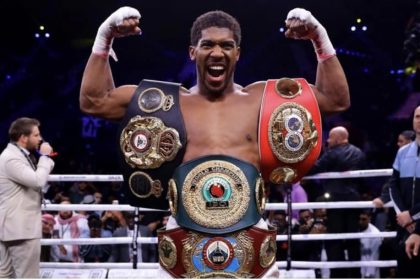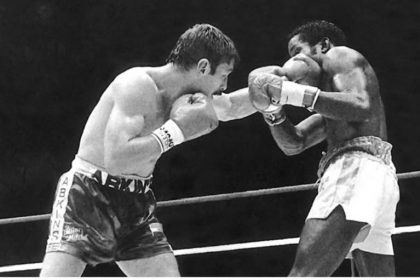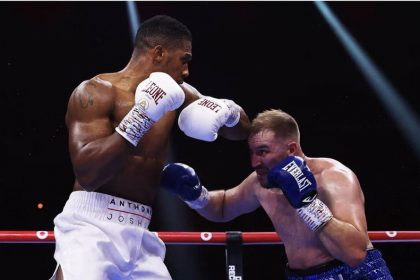Former South African heavyweight world boxing champion, Corrie Sanders, certainly deserves more respect and recognition in the history of heavyweight boxing. A southpaw, Sanders was known for carrying formidable knockout power in his straight left hand. In his day, the heavy-handed South African boxer developed a monstrous punching power that transformed him into one of the most frightening boxers of all time. His quickness and extraordinary instincts in the ring are his other major attribute.
Considered as one of the biggest-punching heavyweights from Africa, “The Sniper”, as he was fondly called by boxing fans globally pulled off one of the greatest upsets in boxing history when he won the WBO heavyweight title in 2003 after knocking out Wladimir Klitschko in two rounds in a fight The Ring magazine dubbed the “Upset of the Year”.
The South African boxer, who competed from 1989 to 2008, held the WBU heavyweight title from 1997 until 2000 and South Africa’s national heavyweight title in 1991. Sanders’ biggest weapons were his southpaw fast hands that he used to knock fighters out easily.
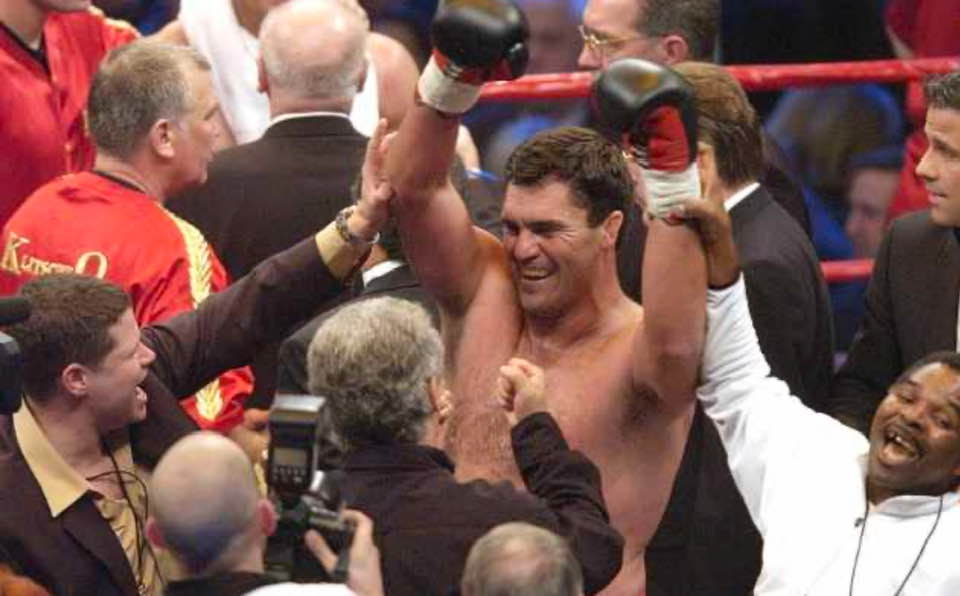
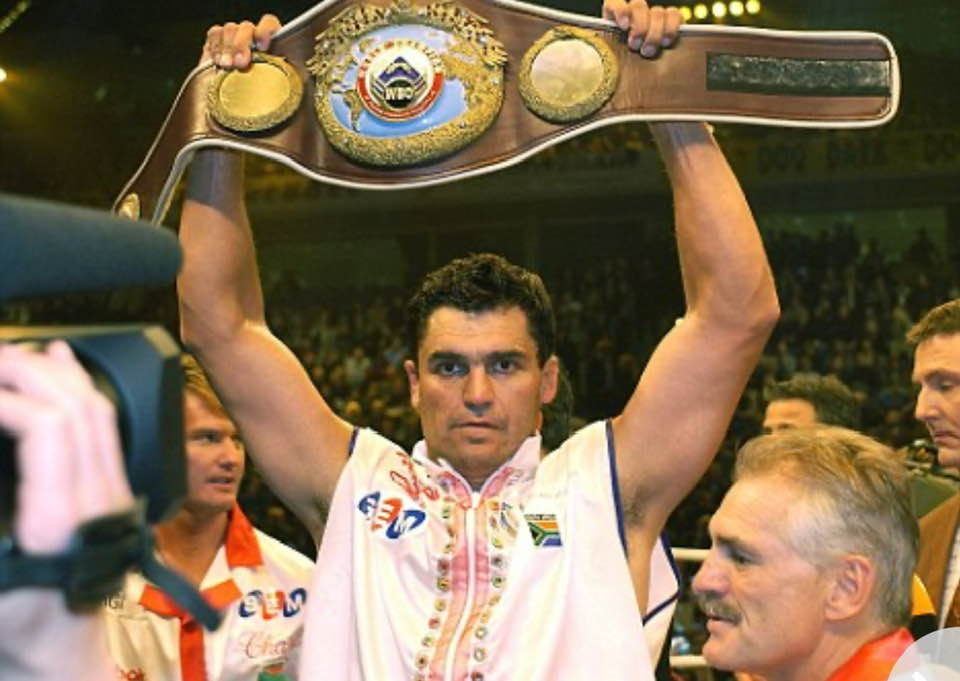
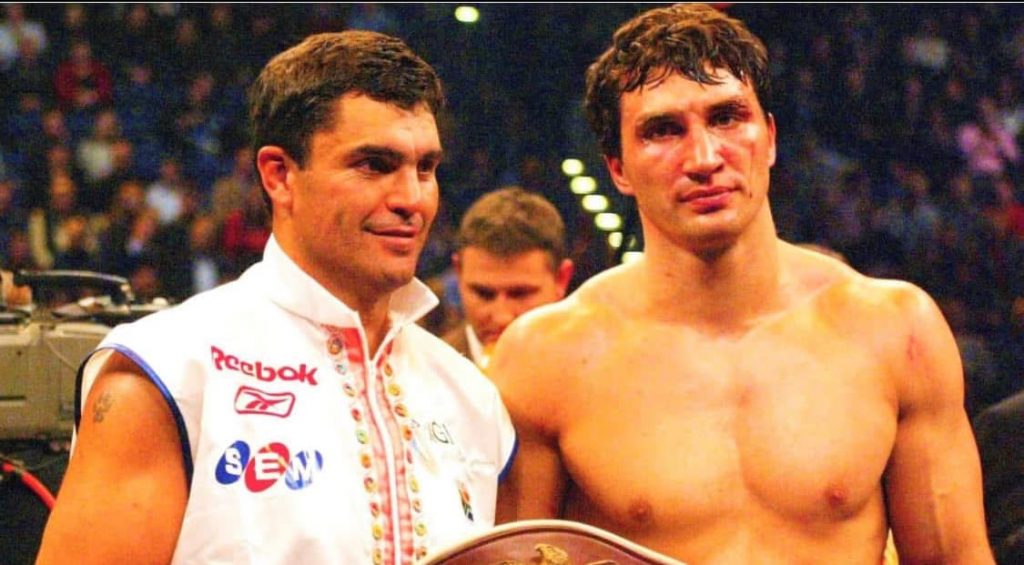
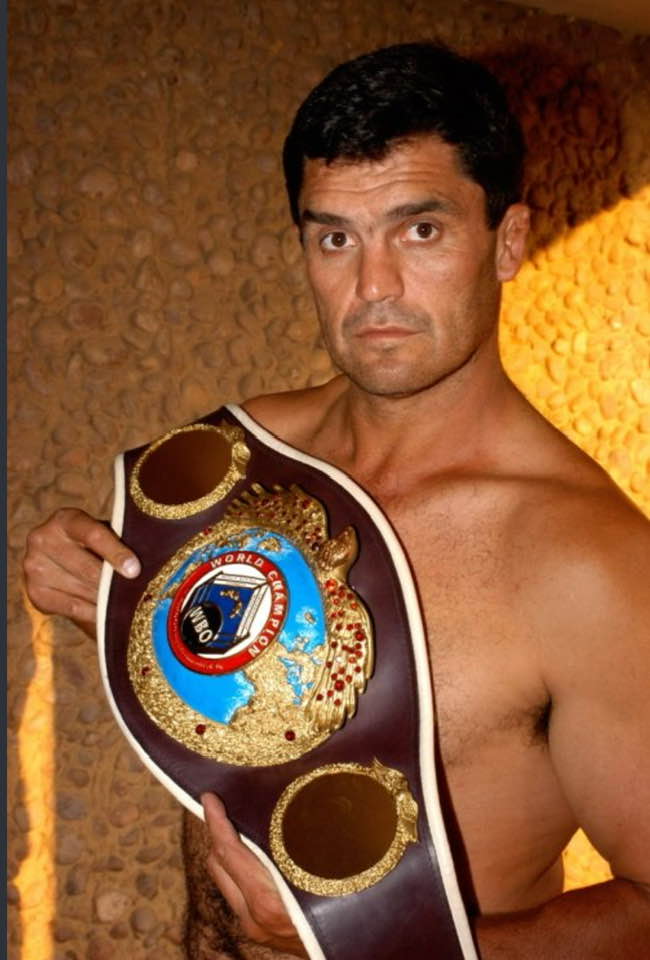
Sanders grew up in Brits, South Africa, and was of Afrikaner descent. He was an extraordinary natural athlete. In his youth, he played rugby, cricket, and golf. At 20, he played rugby union for Northern Transvaal B (then South Africa’s leading provincial side), ran 100 metres in 10.9 seconds and went on to become a pro-am golfer. He also played a mean game of tennis, and generally preferred talking about football, cricket and rugby than boxing. Having being introduced to boxing by his uncle called Ivan Jansen.
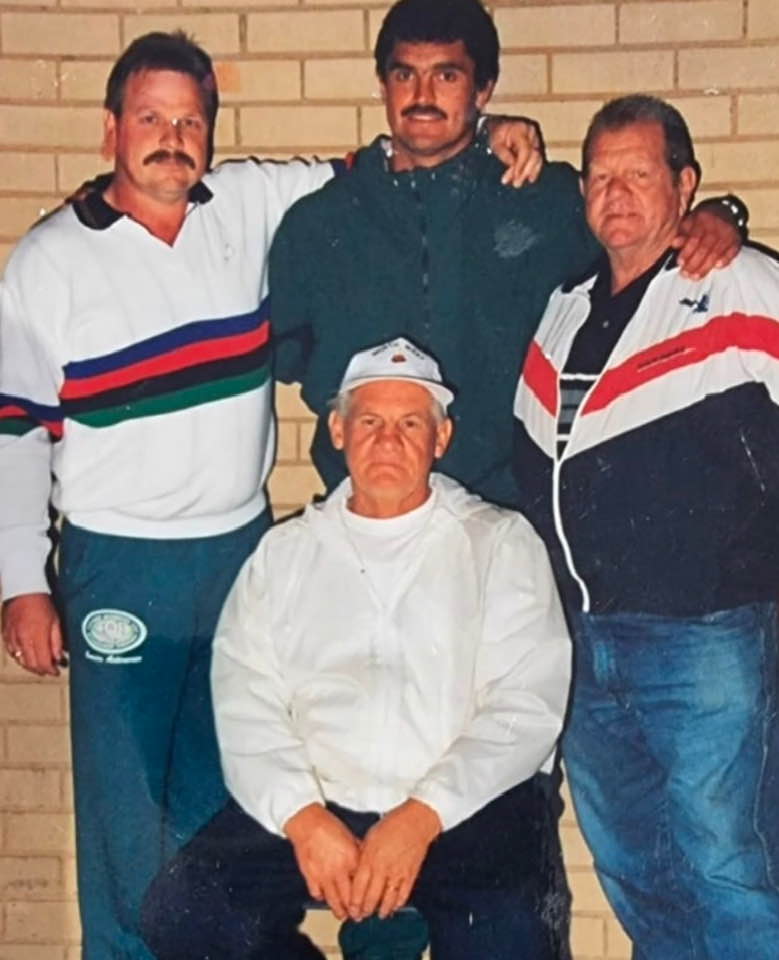
It’s known that his uncle is the one that introduced the sport of boxing to Corrie as a child & even coached him when he was in the amateur ranks
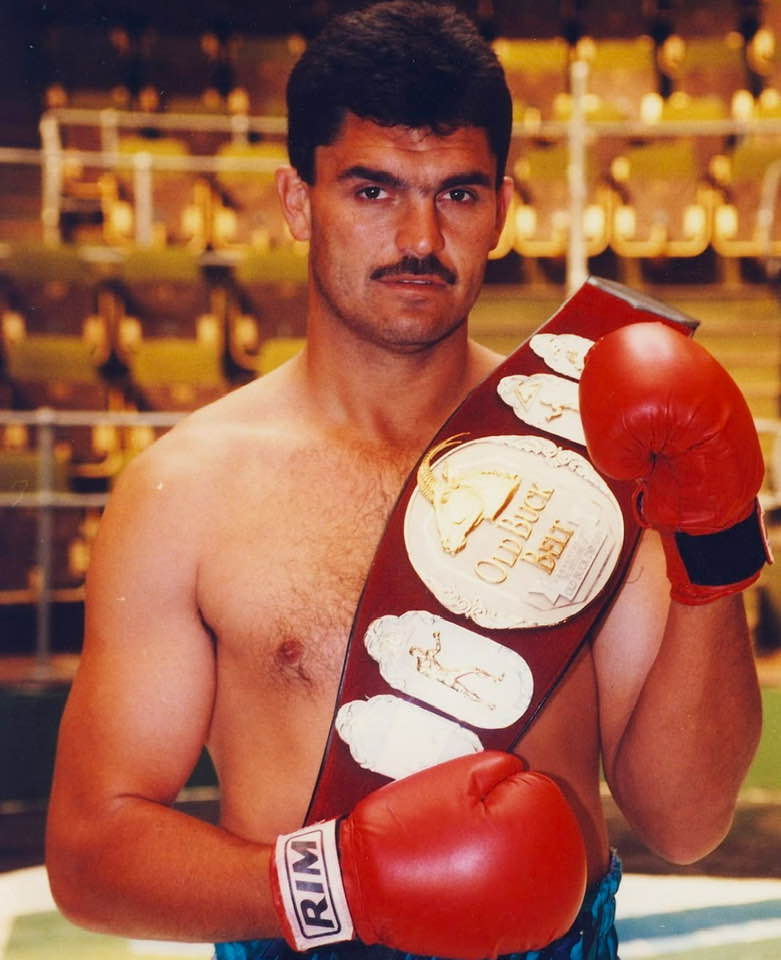
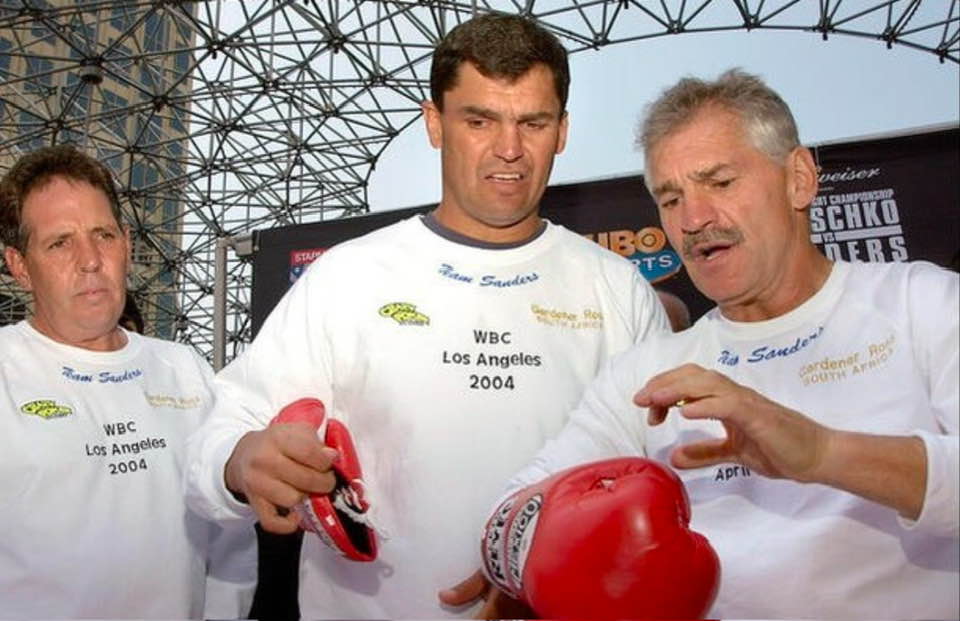
Sanders finished his amateur in the late 1980s with 180 wins and 11 loses. He won the amateur heavyweight title four times from 1985 to 1988. Sanders made his professional debut in 1989 with a first-round knockout of King Kong Dyubele at the Good Hope Centre, Cape Town, South Africa on 2 April 1989.
His next 22 bouts were won by 14 by knockout, this period was when he defeated great pugilists like Steve Zouski, Art Card, future WBO cruiserweight champion, Johnny Nelson, and future world title challenger, Bert Cooper.
Sanders suffered his first defeat to Nate Tubbs via a second-round knockout In his 24th bout, on 21 May 1984.
He later beat former cruiserweight champion, Carlos De Leon and knocked out another former world champion, Bobby Czyz in the second round in his next 12 fights.
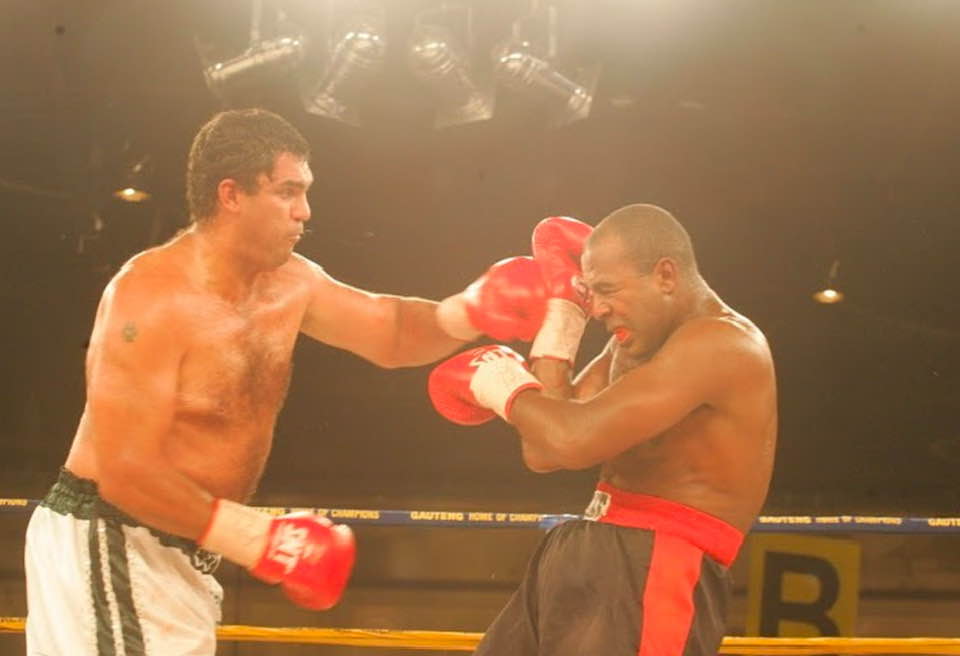
In a bleep, he lost by seventh-round stoppage in a slugfest fight with unified and two-time world heavyweight champion, Hasim Rahman, both fighters knocked each other down during this epic bout but Rahman prevailed on the judges’ scorecards eventually.
Rahman said of Sanders following their match: “I’ve never been hit that hard in my life.”
Returning to the ring in 2001, Sanders scored a quick win over British boxer, Michael Sprott. The South African sent Sprott tumbling to the canvas in the first round with a monstrous left straight and despite regaining his footing, the fight was waved off. Sprott protested the decision at the time but years later in an interview with Through The Ropes, he admitted to having never felt a shot quite like it. “When it comes to the hardest puncher, it would have to be Corrie Sanders, the South African,” Sprott said.
After his win against Sprott he defeated Otis Tisdale in 2002.
The WBO later sanctioned a challenge between Sanders and their heavyweight champion Wladimir Klitschko. Sanders had accepted the bout on short notice and was a 40-1 underdog on the papers of the bookmakers. On 8 March 2003, sanders provided a stunning upset in Hanover, Germany. With thirty seconds left in the opening round, Klitschko threw a jab that Sanders countered with a big left hook, prompting Klitschko to enter a clinch. While in the clinch, Sanders landed another left hook that sent Klitschko to the canvas. Klitschko got up but was dropped again almost immediately. The following round, Sanders continued his assault on a visibly hurt Klitschko, dropping him twice more at the beginning of the round, causing the referee to stop the fight after the fourth knockdown.
“I’ve been in boxing for 25 years and I never fought anybody in this game that punched like Corrie Sanders.”
Klitschko said in a December 2014 interview with The Ring.
The younger Klitschko brother said again: “Without my experience with Corrie, I wouldn’t be the same way. Before and after the Corrie Sanders fight, nobody beat me the way he did.”
Sanders vacated the WBO title to sign a contract to fight for the vacant WBC belt. The fight took place on 24 April 2004, against Wladimir’s elder brother, Vitali. Sanders was stopped by Vitali in the eighth round of the fight in the Staple Centre in Los Angeles, USA.
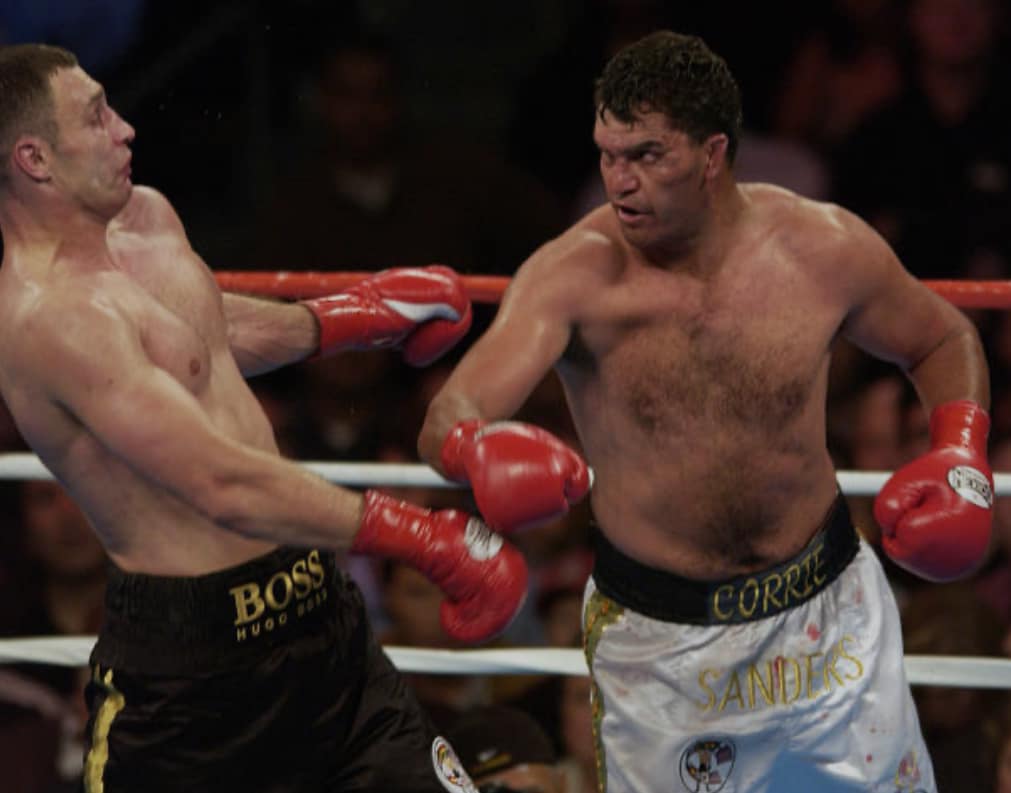
Sanders later knocked out Alexei Varakin in the second round of a contest in Soelden, Austria in December 2004.
He also scored a second-round stoppage win over the Australian heavyweight champion Colin Wilson at the Convention Centre in Mafikeng, South Africa on November 2006.
After signing with Golden Gloves Promotions, he won another bout in South Africa against Brazilian Daniel Bispo in May 2007.
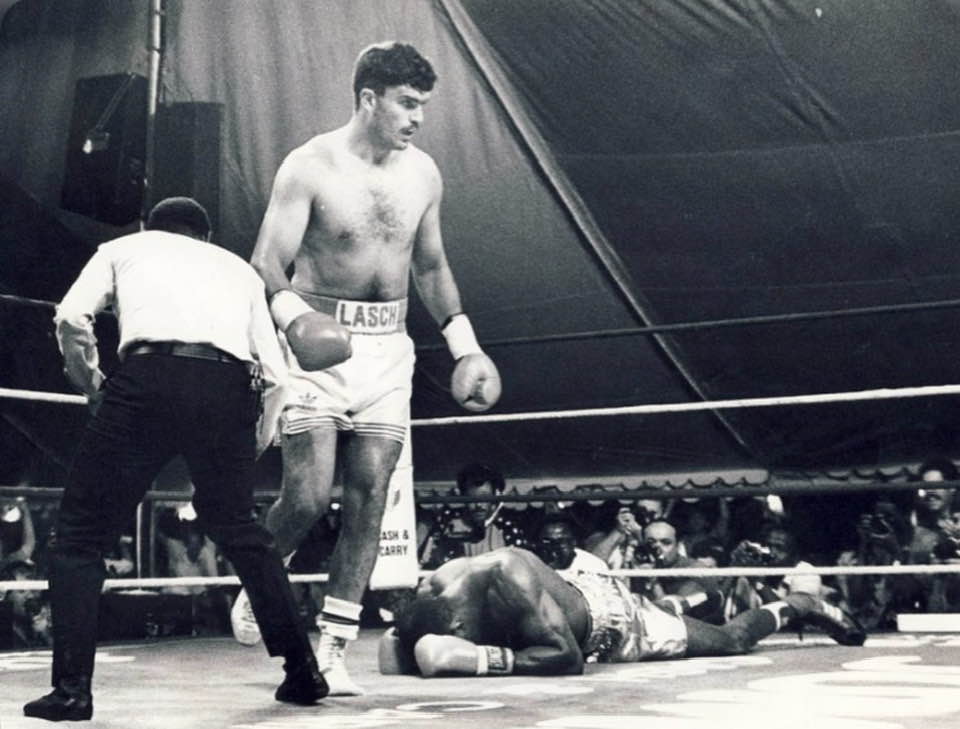
His last bout, of the South African heavyweight title, was a loss to Osborne Machimana, this particular loss was generally accepted by boxing historians to be due to an injury he carried into the ring that day.
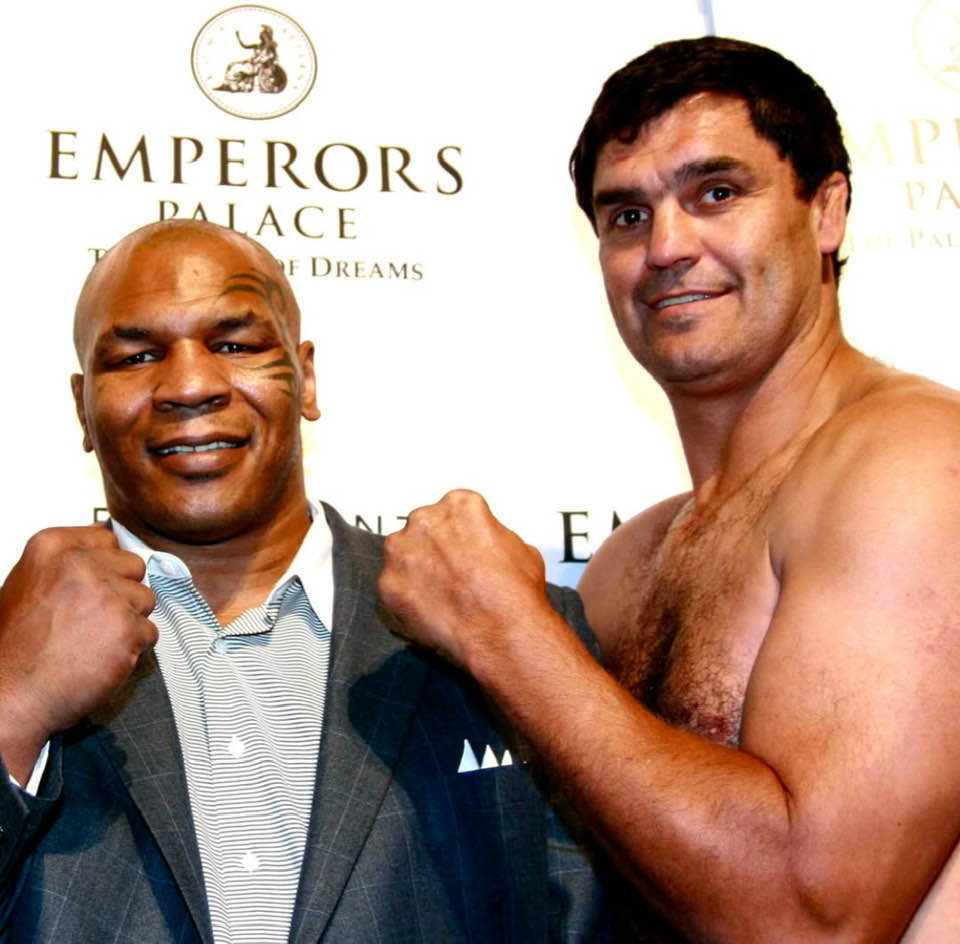
Sanders final record was 42 wins (31 by knockout) and four losses. After moving away from boxing, Sanders became a familiar figure at celebrity golf events and, as well as concentrating on various business interests, and also worked as a motivational speaker.
On 22 September 2012, Sanders was fatally shot in an armed robbery attack at a restaurant called Thatch Haven in Brits, where a function was being held for his 15-year-old daughter Mannique and a cousin when 3 robbers suddenly entered, firing their guns. A devoted father to death, Sanders had to use his body to shield his daughter from oncoming bullets and then, while bleeding from bullet wounds, He whispered for her to pretend to be dead to save her life.
Sanders was later taken to a hospital in Pretoria, where he died in the early hours of 23 September 2012 of his wounds.
After Sanders death, the Klitschko brothers issued a statement about their rival’s passing: “We will remember Corrie as a great person both inside and outside the ring. He was a great fighter with a big heart who always positively represented the sport of boxing.”
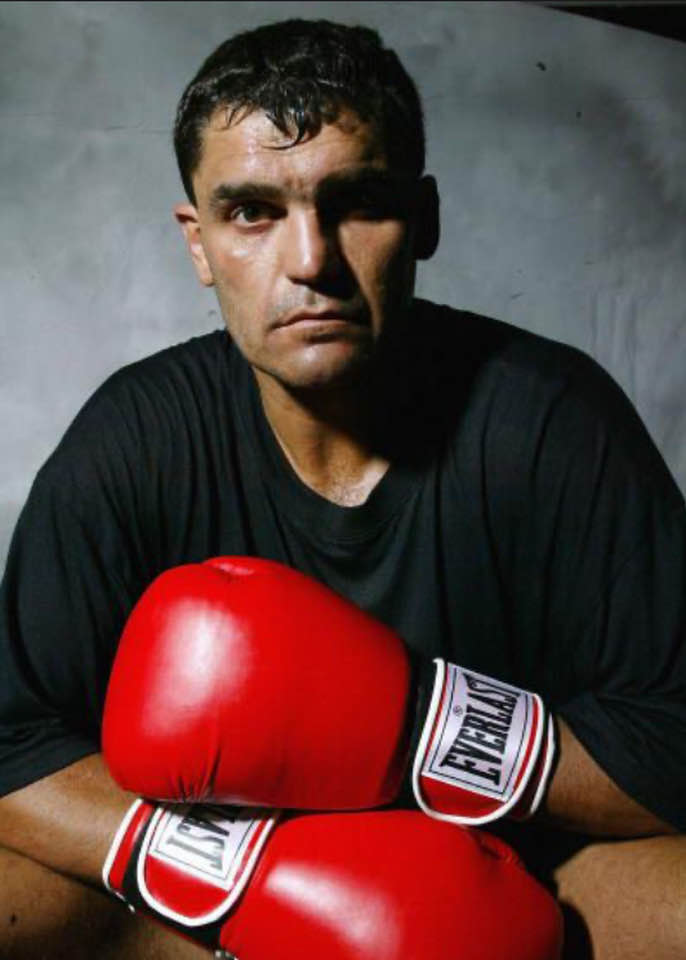
Corrie Sanders, the fearless South African southpaw, will forever be remembered for his explosive power in the ring etching his name in boxing history. Beyond the rings, his humility and generosity left an indelible mark on those who knew him. A true champion in every sense, Sanders’ legacy lives on as a proof of courage, talent, and a very large heart.
References:
- “Corrie Sanders: Heavyweight world champion”. The Independent. Meyers, Jeff. 6 April 2020.
- “The “Woulda, Coulda, Shoulda” Chronicles—Corrie Sanders (Heavyweights Vol. 1)” Boxing News 24/7. Collins, Michael. 24 September 2012.
- “Vitali Klitschko: Corrie Sanders Was My Toughest Fight”. Boxing News 24/7. Rawling, John. 24 September 2012.
- “Corrie Sanders obituary” The Guardian. By Evans, Gavin. 25 September 2012
- “On This Day: Heavyweight hammer-fist Corrie Sanders born in 1966”. By Matt Christie for Boxing News online. January 07 2019.
- “Former Heavyweight Champion Corrie Sanders Shot Dead in South Africa”. By Alex Kay for Bleacher Reports magazine. Sept 23, 2012.
Please subscribe to our growing YouTube channel using this link https://youtube.com/@moorsportz?si=kxtRGH8qVGwx1IW6
- Edited by Kehinde Fagbuaro,
- With contributions from Niyi Akinola.
Please note: we don’t have copyright ownership of the photos in this article.


